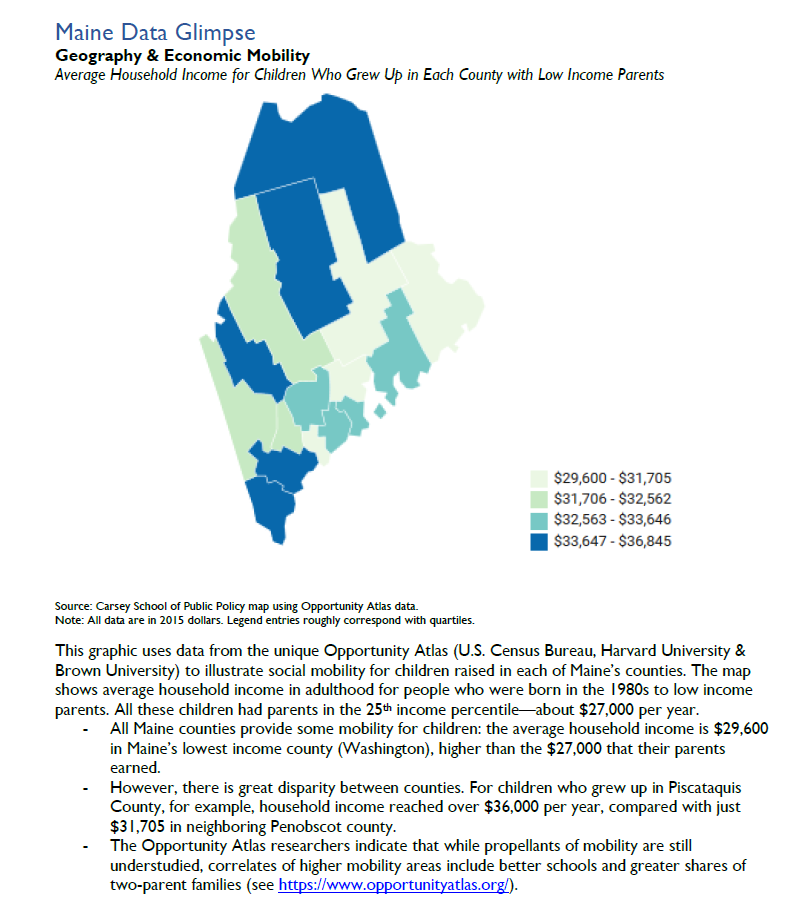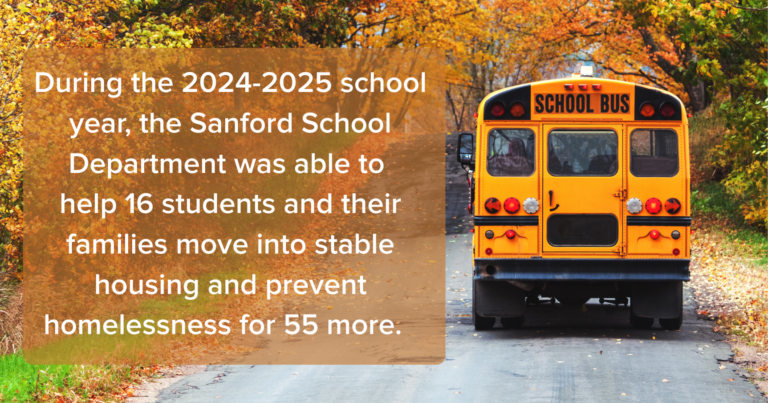The John T. Gorman Foundation maintains a resources page with data, reports and best practices on our four focus areas: young children, older youth, families, and seniors. Here is a rundown of our latest updates.
Georgetown University: Born to Win, Schooled to Lose
For low-income students, high test scores in kindergarten do not necessarily result in higher economic status later in life, report finds, citing other disparities.
Child Trends: Assessment and Mapping of Community Connections in Home Visiting
Child Trends reports on their work with the U.S. Department of Health and Human Services to create a tool for assessing and mapping community connections among those served by home visiting programs.
Mathematica: The New Economy and Child Care: Nonstandard-Hour Work, Child Care, and Child Health and Well-Being
Study finds associations between mothers working at least some nonstandard work hours and childcare instability for their children; proposes recommendations to help families.
American Economic Association: ProPelled: The Effects of Grants on Graduation, Earnings, and Welfare
Report finds that increased Pell Grant amounts for students also lead to higher incomes later in life.
GAO: K-12 EDUCATION: Certain Groups of Students Attend Alternative Schools in Greater Proportions Than They Do Other Schools
Study finds that a disproportionate number of black students with disabilities are placed in alternative disciplinary schools without the proper resources to support them.
Maine Data Glimpse: Geography and Economic Mobility
A county-by-county look at how the income of current adults in Maine compares to that of their parents.




